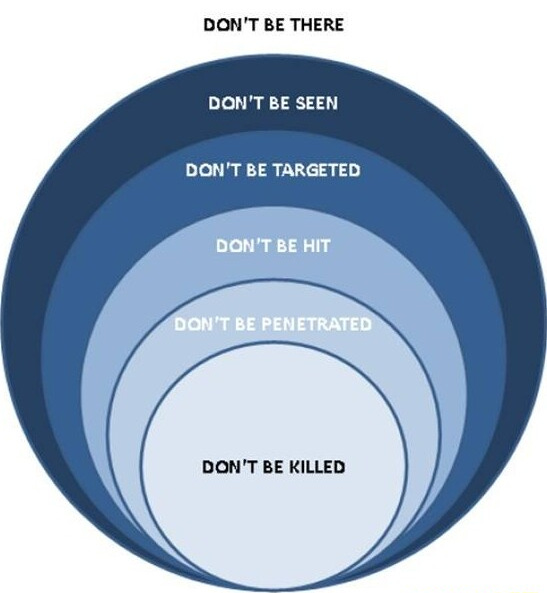Oppenheimer is an intimate portrait of a sensitive young man who did nothing wrong.
I could smell that something was off about this movie, so I went home and did some digging, and it turns out Oppenheimer was very obviously a Soviet spy. The problem is that half the academic and political establishment of the United States was in the tank for the Soviets at the time, so the question of what it meant to be a “traitor” was somewhat complicated.
Oppenheimer’s crime was basically that he had Asperger’s and couldn’t lie as effectively as other highly placed American communists. Things that had been perfectly acceptable to say for 15 years under the Roosevelt Administration had become suddenly dangerous to say under Truman and Eisenhower, and he couldn’t handle the pivot.
His fall from grace is depicted as a product of irrational and excessive Cold War paranoia, but it was basically the opposite: he gave away the power to murder billions to one of the most bloody-minded regimes in history, and the American government was too compromised and divided to do anything about it.
This story struck me as relevant to our interests at EXIT for two reasons:
It’s worth understanding how we got where we are. The institutional power that we’re up against wasn’t built in a day, and it didn’t start with George Floyd, or Obama, or the student movement in the 1960s. Marxists have had significant control over elite American institutions for as long as there have been Marxists, and the Cold War was primarily a covert civil war within those institutions, which the anticommunists lost decisively.
Despite being completely mendacious about the history, the movie is a solid illustration of “manipulation of procedural outcomes” — the ways that nominally impartial processes and “expertise” can be leveraged against the political enemies of the powerful. In this episode, I explain how these processes are deployed against people like us today, and what can be done about it.
The single largest point of vulnerability for American’s freedom of speech and association is corporate employment. Title VII of the Civil Rights Act of 1964 places the onus on corporate employers (with more than 15 employees) to police their employees’ speech about protected categories of people in any context “relevant to the workplace” — including personal social media activity.
But the good news is that punishing dissent within the W-2 system is so cheap and effective that very little thought has been given to punishing dissent outside it. Once you own your income stream, it becomes orders of magnitude more expensive to guarantee your compliance: requiring either sustained mob action, or lawsuits, or criminal charges, none of which are feasible methods to suppress dissent at scale.
The best defense against this kind of attack, for ordinary people, is simply “don’t be there”. Don’t have an income that can be cut off with a single phone call to your HR representative. Don’t have a two-income household that makes you dependent on ideologically hostile government schools. Ideally, don’t stake your economic survival on any single point of failure.
This summer, four of the EXIT guys have gone full-time on their startups. They started in the accountability calls, workshopping their idea and gathering potential partners. Then they built teams, including software developers, attorneys, accountants, designers, salesmen, and investors. So far, we’ve raised a combined $450,000 across the network to launch these projects.
We have the people and the resources to build the future we want. If you’re ready to get to work, join us today at exitgroup.us.














